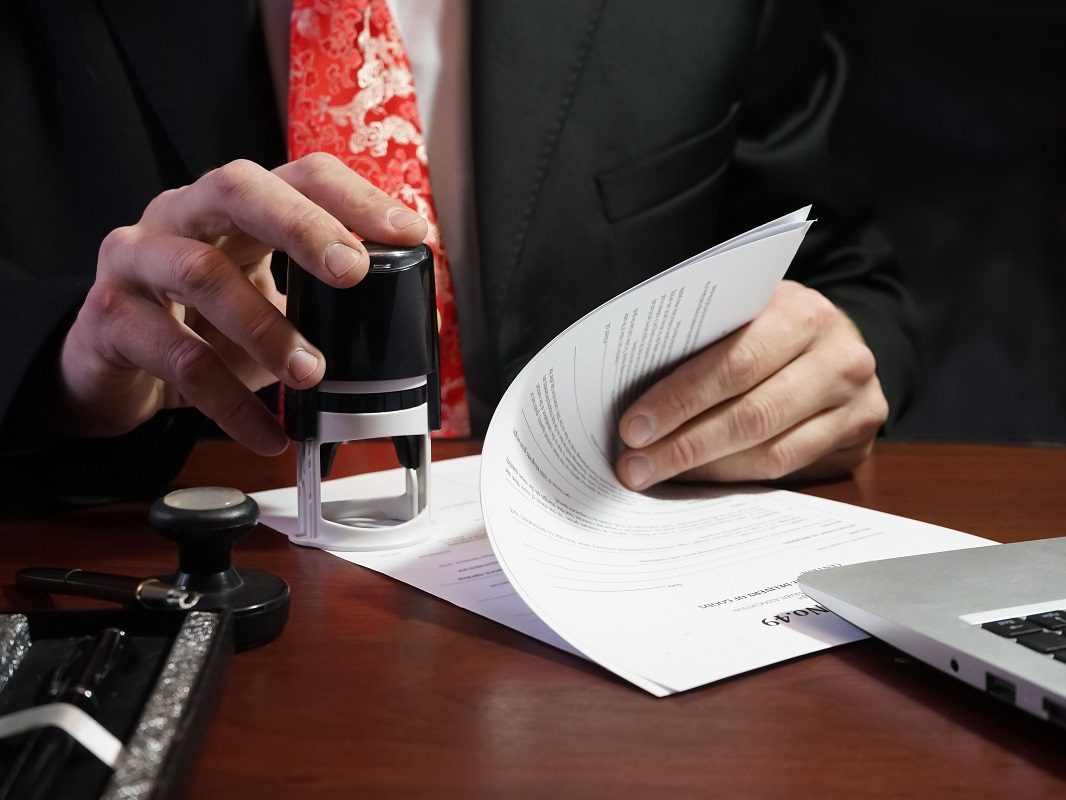Power of Attorney Apostille Process

If you need to empower someone to represent you in an official capacity in a foreign country for commercial or personal reasons, you will likely need to present a valid power of attorney (POA) document. However, for a Canadian power of attorney document to be officially accepted outside of the country, it may first have to undergo the apostille process.
In this article, we have collected some information about why you might need to apostille your power of attorney document and how this process works.
Why Do You Need to Apostille a POA?
An apostille of your power of attorney (POA) document can be required for a number of different reasons, including managing foreign investments, or settling an estate in a foreign country. The apostille process is a chain of signature verifications that ensures the document is properly executed for use abroad.
It’s important to note that the apostille process applies when using documents in countries that have signed the Hague Apostille Convention. However, if you are dealing with a country that hasn’t signed this convention, you will need to go through an additional step of document legalization.
Step 1 – Notary Public
The first step in the Canadian apostille process is to prepare your document for processing. For power of attorney (POA) documents, this will require notarization. When preparing your power of attorney to be notarized, it’s important that you bring along a government-issued ID, like a passport, so they can confirm your identity. You’ll then swear to your identity and sign your power of attorney in front of the notary public. The notary public will witness your signature, and then notarize your document with their signature and seal.
Step 2 – Apostille
The notarized POA can be taken to the apostille office that holds jurisdiction over the location of where the document was notarized.
There are several different government organizations that are responsible for apostilles across Canada. Global Affairs Canada is responsible for issuing apostilles for Canadian documents originating from the provinces of Manitoba, New Brunswick, Newfoundland and Labrador, the Northwest Territories, Nova Scotia, Nunavut, Prince Edward Island, and Yukon.
Government offices in the provinces of Alberta, British Columbia, Ontario, Saskatchewan, and Quebec are responsible for issuing apostilles for documents that originate from their jurisdictions.
It’s also important to note at this stage that if the power of attorney will be used in a country that doesn’t speak one of Canada’s native languages (English or French) it may also need to be translated into a foreign language. If the POA is already written in a foreign language (not English or French), you may need to obtain a certified translation (English or French) before the apostille office will accept it for the apostille.
Legalization for Non-Apostille Countries
If the POA is destined for another country that is not a member of the Hague Apostille Convention, it will need an additional step of document legalization. After the first two steps above have been completed, your power of attorney will need to be delivered to the consulate or embassy of the destination country for legalization. The staff there will double-check to ensure everything is in order, then seal it with a stamp or sticker that confirms the document has been legalized, and will be officially recognized in their country.
Be careful to research the requirements of the embassy or consulate in advance, as they can have restrictions and supporting document requirements.
We can help with power of attorney apostille in Canada
We provide translation, apostille, legalization, and more! If you have questions or need help with the process, we would be happy to hear from you. For more about the apostille of your power of attorney, contact us online, or call our friendly staff at 1 (888) 433-1011 for more information.